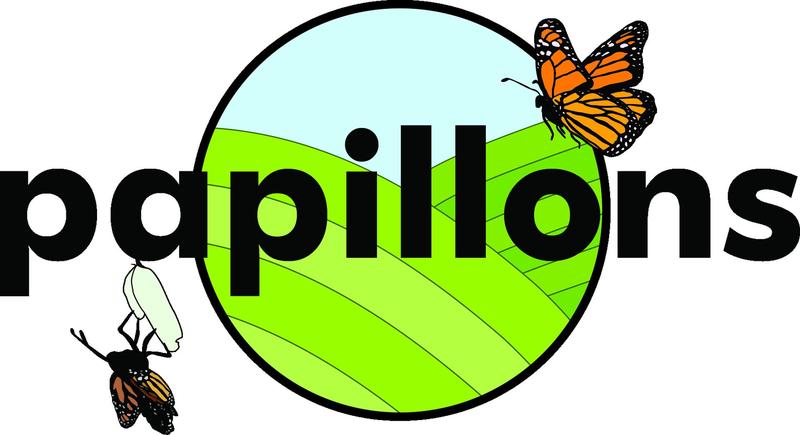
EU Project Explores Microplastics Impact on Agriculture

The logo of the new EU project PAPILLONS.
The University of Bayreuth is a partner in the new European “PAPILLONS” consortium for micro- and nanoplastics research in agriculture. 20 universities and research institutions from 12 countries will jointly investigate the sustainability of plastic use in European agriculture. The focus is on the input of plastic particles and chemical additives into arable land, and their possible ecological and socio-economic effects.
The European Union is funding the project until 2025 to the tune of € 7.2 million in total, of which € 600,000 euros have been allocated to the University of Bayreuth. At a virtual kick-off meeting on 14 and 15 June 2021, the research partners agreed on what the next steps in their work would be.
The name “PAPILLONS” stands for “Plastic in Agricultural Production: Impacts, Lifecycles and Long-term Sustainability”. The interdisciplinary project combines research competencies from the fields of agricultural science, environmental science and ecology, chemistry, engineering, economics, and the social sciences. Furthermore, the practical expertise of players in the fields of agriculture, industry, services, and politics is continuously being incorporated into the research work.
Prof. Dr. Christian Laforsch, spokesperson of the DFG Collaborative Research Centre “Microplastics”, leads the research work with which the University of Bayreuth is participating in PAPILLONS. The Norwegian Institute for Water Research (NIVA) is responsible for the overall coordination of the project. With their research results, the partner institutions cooperating in PAPILLONS wish to work towards ensuring that future innovations in agriculture and industry are more thoroughly characterised by the sustainable use of plastics.
“The urgency of the new research network stems from the fact that plastics are becoming increasingly important in European agriculture. At the same time, however, we know far too little about the ways and extent to which micro- and nanoplastic particles enter agricultural land. Too little is also known about their long-term consequences for soil ecosystems, their degradation, and their transport into other ecosystems. This also applies to the numerous chemical additives contained in agriculturally used plastics. Initial studies suggest that there are effects on soil properties, soil organisms, and plant growth. This makes it all the more important to investigate the possible ecological and socio-economic effects of micro- and nanoplastics in an interdisciplinary manner, because agricultural land is the basis of our food supply,” says Laforsch.
In the long term, the agricultural industry worldwide will be able to benefit from the research results of PAPILLONS. After all, the impact of plastics on soil productivity, crop quality, and agricultural yields will be central research topics of the new EU project.
Wissenschaftliche Ansprechpartner:
Prof. Dr. Christian Laforsch
Animal Ecology I
Spokesperson of the “Microplastics” collaborative research centre
University of Bayreuth
Phone: +49 (0)921 55- 2651
E-Mail: christian.laforsch@uni-bayreuth.de












